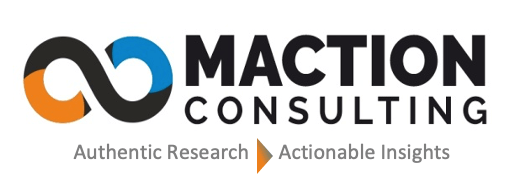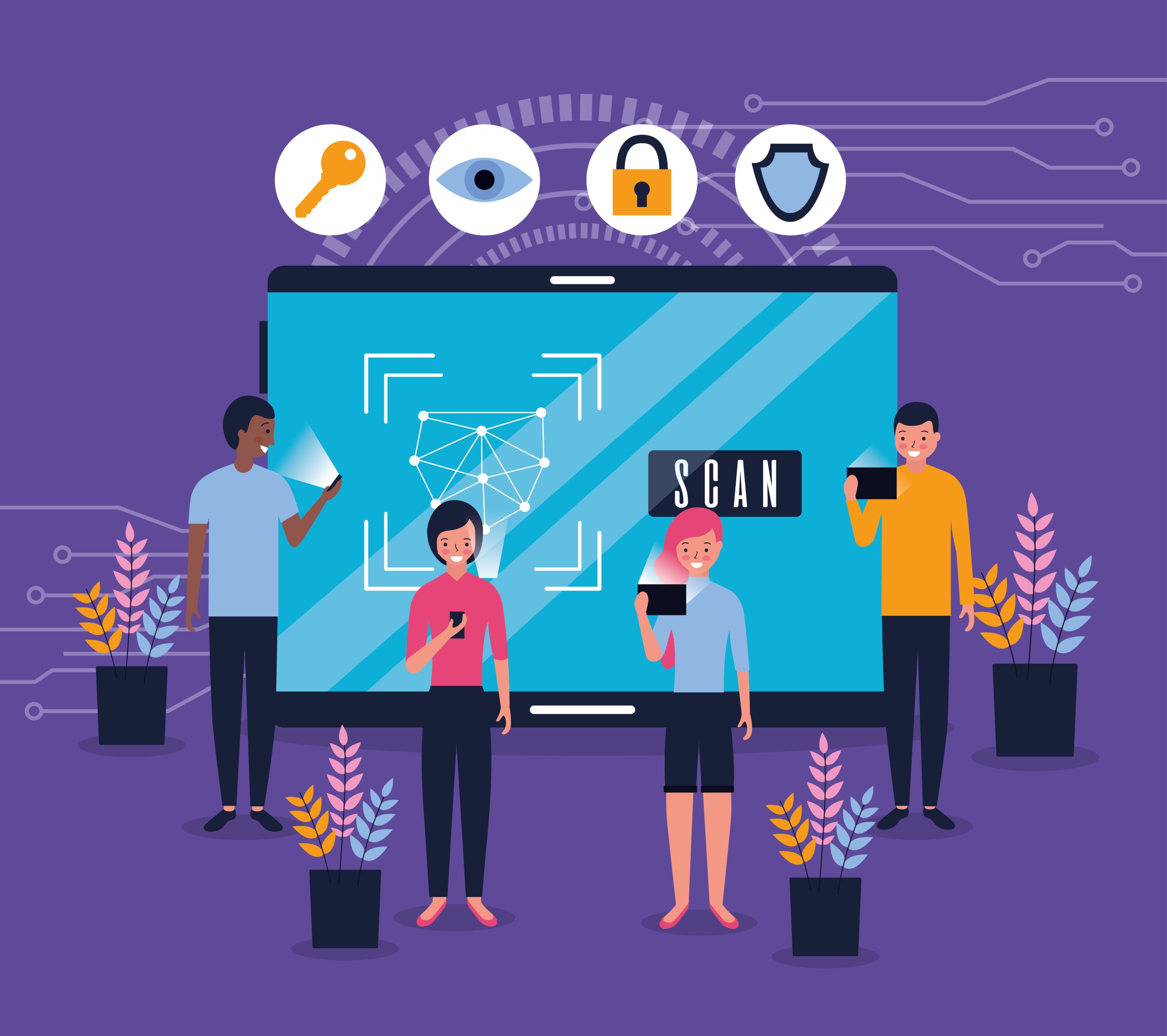In the age of digital transformation, market research has undergone a significant shift. Gone are the days of clunky questionnaires and paper surveys. Today, data gathering and analysis are conducted largely online, offering unparalleled access to a global audience. However, with this convenience comes a growing concern – the cybersecurity threat.
Market research data, particularly the kind involving customer insights and sensitive demographics, is a valuable asset. Hackers understand this, making market research companies in India, and their clients, prime targets for cyberattacks.
The Evolving Threat Landscape
Cybercriminals employ a range of tactics to compromise data security. Here are some common threats:
- Phishing Attacks: Deceptive emails or calls disguised as legitimate sources can trick employees into revealing login credentials or clicking on malicious links, granting hackers access to internal systems.
- Malware: Malicious software, often disguised as legitimate applications, can be installed on computers, allowing hackers to steal data or disrupt operations.
- Ransomware: This type of malware encrypts data, essentially holding it hostage until a ransom is paid.
- Cloud Security Breaches: Increasing reliance on cloud-based data storage platforms introduces new vulnerabilities. Weak access controls or insecure configurations can leave sensitive information exposed.
Why Market Research Data is at Risk
Market research data is particularly attractive to cybercriminals due to its sensitivity. It can include:
- Personally Identifiable Information (PII): Names, addresses, email addresses, or phone numbers.
- Consumer Preferences: Insights into buying habits, purchasing decisions, and brand loyalty.
- Financial Information: Data related to purchasing behavior and spending habits.
- Proprietary Information: Confidential research findings about products, services, or competitor strategies.
This data can be used for various malicious purposes, such as:
- Identity Theft: Criminals can use PII to commit fraud by opening new accounts or stealing financial information.
- Targeted Marketing Campaigns: Hackers can sell customer data to other companies for targeted advertising or spam campaigns.
- Competitive Advantage: Competitors can gain valuable insights into your market research findings, giving them an unfair advantage.
- Financial Extortion: Hackers can threaten to release sensitive information to the public or sell it to competitors unless a ransom is paid.
Case Study: The Ponemon Institute Breach
In 2016, the Ponemon Institute, a market research and security awareness organization, fell victim to a cyberattack. Hackers gained access to its systems and stole data belonging to thousands of its clients, including major corporations. This incident highlighted the vulnerability of market research companies and the potential consequences of a data breach.
Market Research Companies: Stepping Up Security
Protecting market research data requires a proactive approach. Here are some ways market research companies in India can enhance their cybersecurity posture:
- Implement Robust Security Protocols: Enforce strong password policies, conduct regular security audits, and encrypt sensitive data at rest and in transit.
- Employee Training: Educate employees on identifying phishing attacks, malware threats, and best practices for data security.
- Third-party Security Assessments: Partner with reputable security experts to assess the vulnerabilities in data storage and transmission systems.
- Regular Backups: Maintain secure backups of all data to ensure recovery in case of a cyberattack.
- Compliance with Regulations: Stay compliant with relevant data privacy regulations like the Information Technology Act (2000) in India.
Market Research Consulting Firms: Protecting Your Data
As a client of market research companies, it’s your responsibility to ensure your data is safe. Here are some questions to consider when choosing a research partner:
- Security Policies: Ask about their cybersecurity policies and procedures for data protection.
- Compliance Certifications: Inquire about relevant security certifications they hold (e.g., ISO 27001).
- Third-party Vendor Security: Investigate the security practices of any third-party vendors involved in data collection or analysis.
- Data Breach Response Plan: Understand their procedures in case of a data breach.
- Contractual Clauses: Include strict data security clauses in your contract with the research company.
Conclusion: A Shared Responsibility
Cybersecurity is a shared responsibility. Market research companies in India must invest in robust security measures to protect client data. Clients, on the other hand, need to understand the risks and take an active role in ensuring the security of their data.
By prioritizing cybersecurity and working together, both parties can ensure that valuable market research data remains secure and drives informed business decisions.
Remember: Data security is an ongoing process, not a one-time fix. By staying informed about the latest cyber threats and implementing best practices, market research companies and consulting firms in India can build trust with their clients and ensure the continued success of the market.


